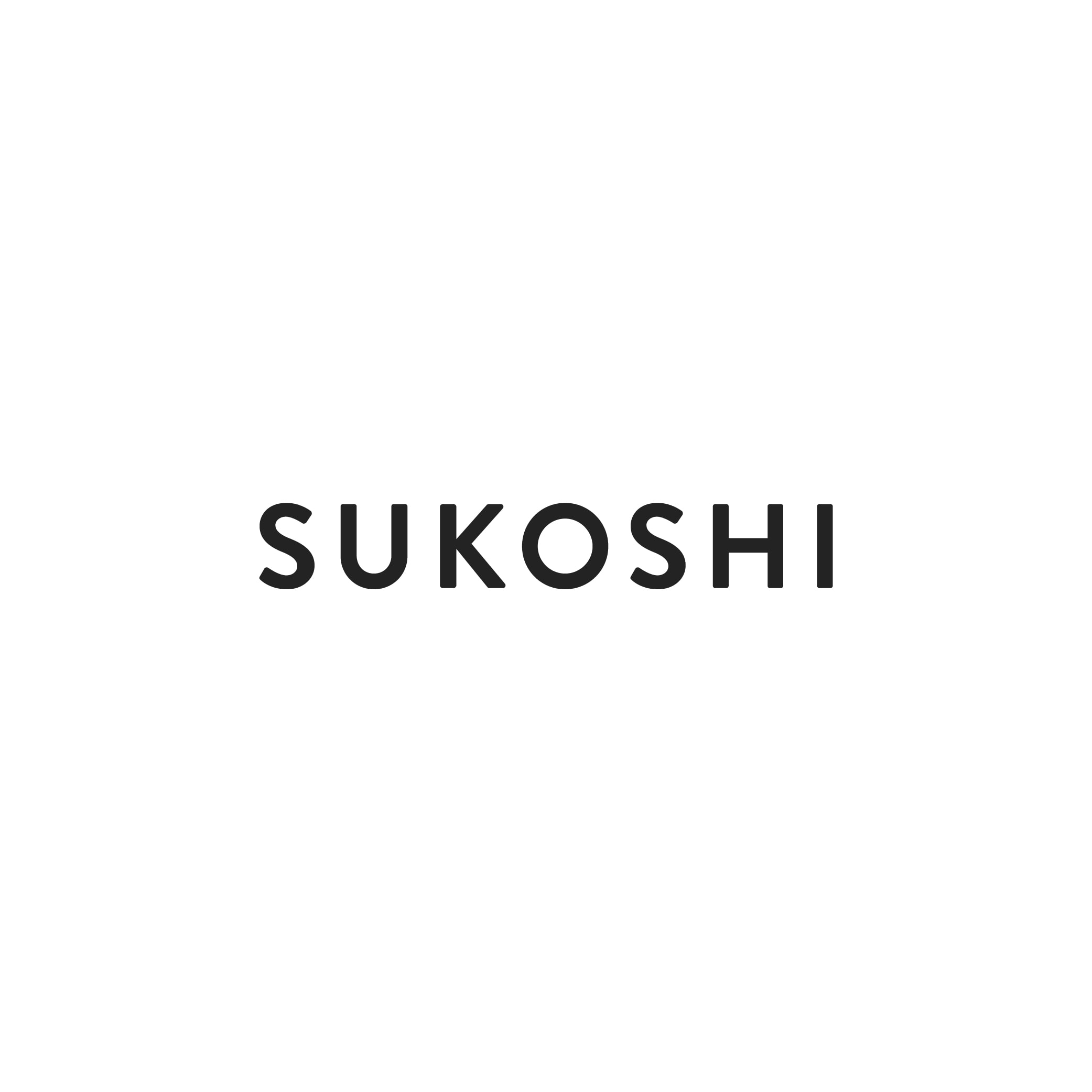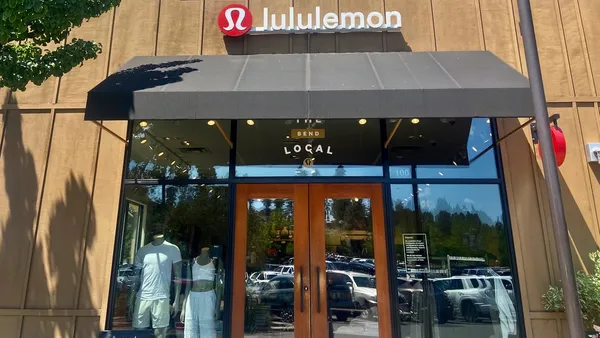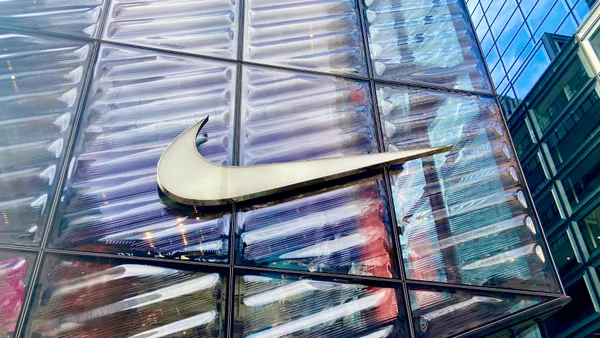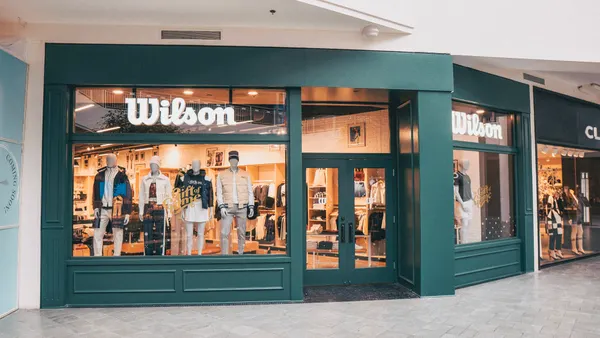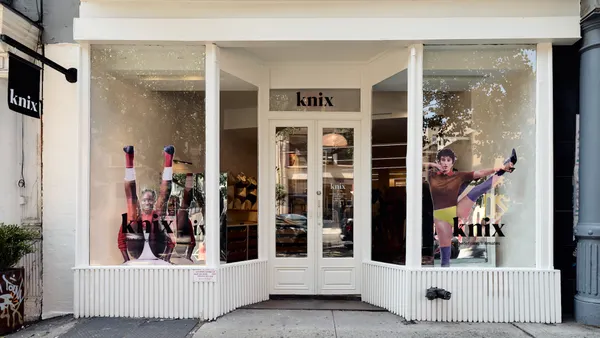Dive Brief:
-
Grove Collaborative and growth equity firm Volition Capital on Monday announced a $15 million private investment in public equity, which Grove said would be used to help pay off the remaining $30 million of its outstanding term debt facility, with at least $10 million to be used this way by Nov. 30.
-
Volition paid a little over $1.90 per share of Class A Common Stock, nearly 40% higher than the share price on the date of closing, a “significant premium [that] reflects our conviction in the company, its mission, and the potential for long-term profitable growth,” per a blog post from Volition Managing Partner and co-founder Larry Cheng.
-
The new infusion plus a $10 million investment about a year ago — when Cheng joined Grove’s board and Grove co-founder Stuart Landesberg left as CEO — brings Volition’s total investment in Grove to $25 million.
Dive Insight:
In the past year, since Volition’s initial investment and Grove’s leadership shakeup, the consumer products company has been laser-focused on profitability, while working to maintain its sustainability pitch to customers.
“To be candid, we thought Grove was not managed well in the years prior to our original investment,” Cheng said Monday, noting EBITDA losses and millions in term debt “that we thought it may have difficulty fully servicing.”
The customer experience was also lacking, in terms of the subscription structure, fees, product selection and product information, he also said.
But Volition “recognized the underlying quality of the company and believed it could successfully turnaround,” he also said, explaining the firm’s 2023 investment and noting the arrival of Amazon veteran Jeff Yurcisin as CEO.
In its most recent quarter, Grove’s net revenue, DTC active customers and DTC orders all declined, but gross margin expanded, net loss narrowed and the company shortly after paid down $42 million of term debt. This follows a Volition-approved trajectory, prioritizing “profitability and balance sheet strength over revenue growth,” Cheng said.
“This sequence was deliberate – the order matters because you have to build the growth of a company on top of a solid foundation,” he said. “Now with the foundation strengthening, revenue growth is up to bat.”
Signs of this were already evident in the most recent quarter, as DTC net revenue per order rose nearly 5%.
Under Yurcisin, in addition to whittling down debt, the brand has continued to expand its wholesale operation, overhauled its subscription model and switched from a custom website to Shopify. After full repayment of the term loan that has been enabled by the Volition investment, Grove’s remaining debt will be a $7.5 million asset-based loan, per Grove’s press release.











